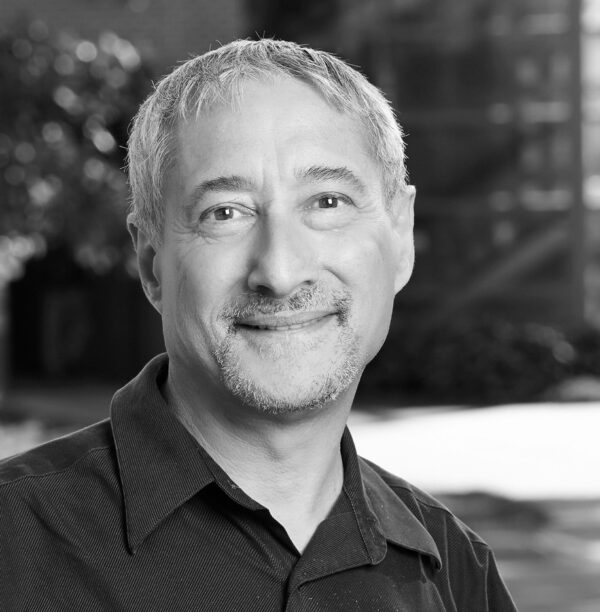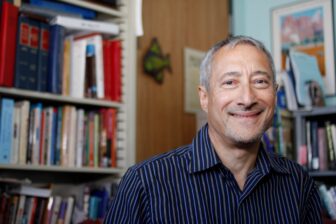
Capital News Service director Eric Freedman.
By ERIC FREEDMAN
Capital News Service
LANSING – When the horrendous shooting occurred on the Michigan State University campus, student journalists rushed in to cover the tragedy, its impact on the university and community, the investigation and university security.
Their reporting and photos about the Feb. 13 attack that killed three students and seriously wounded five others has appeared prominently in local and national media.
For example, the majority of student correspondents for Capital News Service, our public affairs reporting practicum, were quickly on the job, reporting for the State News – the independent student newspaper – Lansing City Pulse, Impact 89 (WDBM-FM) radio and Michigan Advance.
Articles by another MSU journalism student have been featured in the Washington Post.
In my role as a journalism professor, I see their professional-caliber work as a vivid demonstration of the importance of training the next generations of news gatherers and storytellers.
That’s increasingly crucial in an era when traditional U.S. mainstream news media – magazines and newspapers, radio and television stations – are slashing staff, merging companies, even going out of business. The trend is depriving the public of timely, fair, ethical and accurate information and news.
One damaging result is the growing number of “news deserts” in the United States, counties without a newspaper of their own.
The nonpartisan Center for Community News has been researching the growth of university-led, student-staffed news services that give students real-world experience while providing communities with the news they need.
“Millions of Americans get their news from student reporters working in university-coordinated newsrooms, news labs and classes,” the center pointed out in a study released earlier this year.
Such collaborations “are high-touch programs in which faculty teach and mentor students, edit and assign work and coordinate with media partners — enabling local stories that would not exist otherwise,” according to the center, which is based at the University of Vermont.
I fully endorse the center’s assertion that “local news is more than just a trusted source of critical information: It’s an essential ingredient in a healthy democracy. Communities with dedicated local news organizations report higher levels of civic engagement, social cohesion, and effective problem-solving.”
The center says, “We connect student journalists at every stage of life with local news organizations to help build a world in which every community has access to reliable information by and for the people who live there.”
MSU has two such news services.
Students in Capital News Service, now in its 41st year, report on Michigan public policy, government and politics for about 45 newspapers and online news outlets across the state.
Our subscribing member news organizations range in circulation size from the Detroit News to small community weeklies. They range geographically from Iron Mountain to Sault Ste. Marie in the Upper Peninsula and from the Northern Lower Peninsula to Sturgis and Three Rivers in Southwest Michigan and Monroe, Blissfield and Adrian in Southeast Michigan.
Our second student-news service, Great Lakes Echo, reports on the environment – including energy, transportation, environmental justice and environmental health – in Michigan and the other Great Lakes states and Canadian provinces. Many of those stories are reposted by other news organizations in the region.
Elsewhere in the state, broadcast students at Eastern Michigan University partner with National Public Radio affiliate WEMU to produce audio stories, according to the Center for Community News.
Nationally, more than 100 colleges and universities have some type of academic-news collaborations, according to the center. In other Great Lakes states, there are also statehouse-focused programs run by the University of Illinois and by the State University of New York at New Paltz.
“Universities and colleges can provide leadership and resources to address the local news crisis,” the center’s January report said. “Many are doing something, but many could do more.”
They need to prepare students to cover the news that matters and the news that engages the public, whether it’s a mass shooting, the impacts of climate change, elections, pandemics, fluctuating gas prices, even the World Series and the Oscars.
As the center’s report puts it: “Democracy needs local news. Colleges and universities are part of the solution. Students are looking for meaningful experiences, and to learn by doing.”
Eric Freedman is the director of Capital News Service and the Knight Center for Environmental Journalism at Michigan State University.

Capital News Service director Eric Freedman
